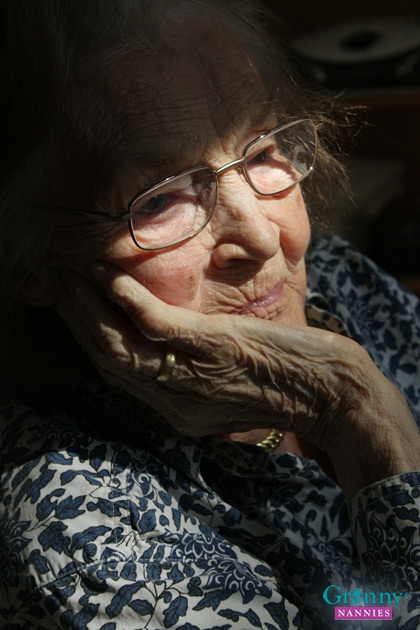 As our loved ones age, their needs for care and support may evolve. Recognizing when it’s time to consider assisted living for a family member is crucial to ensure their safety, well-being, and overall quality of life. In this blog post, we will discuss ten signs that may indicate your loved one could benefit from the services and amenities offered in an assisted living facility.
As our loved ones age, their needs for care and support may evolve. Recognizing when it’s time to consider assisted living for a family member is crucial to ensure their safety, well-being, and overall quality of life. In this blog post, we will discuss ten signs that may indicate your loved one could benefit from the services and amenities offered in an assisted living facility.
- Difficulty with Activities of Daily Living (ADLs): If your loved one struggles with tasks like bathing, dressing, grooming, toileting, or eating independently, it may be a sign that they require assistance and supervision provided in an assisted living environment.
- Frequent Falls or Accidents: An increased frequency of falls or accidents can be a cause for concern. Assisted living facilities are designed to minimize fall risks through safety measures and staff assistance, helping to prevent injuries and ensure prompt assistance when needed.
- Declining Physical Health: If your loved one’s physical health is deteriorating, such as experiencing chronic health conditions, mobility challenges, or a general decline in strength and endurance, assisted living can provide access to healthcare services, regular monitoring, and assistance with managing their health needs.
- Cognitive Decline and Memory Loss: Memory loss, confusion, disorientation, or other signs of cognitive decline may indicate the need for specialized care. Assisted living facilities often offer memory care programs that provide a secure and supportive environment for individuals with dementia or Alzheimer’s disease.
- Social Isolation and Withdrawal: A noticeable decrease in social interaction and withdrawal from previously enjoyed activities can indicate loneliness and isolation. Assisted living communities foster social engagement and provide opportunities for companionship, reducing the risk of depression and enhancing overall well-being.
- Difficulty Managing Medications: Managing multiple medications can become overwhelming for aging individuals. If your loved one struggles with medication adherence, misses doses, or experiences complications due to incorrect administration, the medication management services in assisted living can ensure proper dosage and monitoring.
- Poor Nutrition and Weight Loss: Weight loss, malnutrition, or an improper diet can be indicators of difficulty with meal preparation or decreased appetite. Assisted living facilities offer nutritious meals and support dietary needs, ensuring that residents receive balanced nutrition.
- Neglected Home Maintenance: A neglected living environment, including poor housekeeping, unpaid bills, unopened mail, or general disarray, may suggest that your loved one is struggling to manage their home independently. Assisted living eliminates the responsibilities of home maintenance, allowing them to reside in a safe and well-maintained environment.
- Wandering and Getting Lost: If your loved one demonstrates a tendency to wander or frequently gets lost, it can pose a significant risk to their safety. Assisted living communities provide a secure and monitored environment, reducing the chances of wandering and ensuring their well-being.
- Caregiver Stress and Burnout: If you, as the primary caregiver, are experiencing excessive stress, exhaustion, or burnout while providing care for your loved one, it may be an indication that their needs exceed what you can manage at home. Transitioning to assisted living can alleviate the caregiver’s burden and ensure that your loved one receives the professional care they require.
Recognizing the signs that your loved one may benefit from assisted living is crucial for their overall health and well-being. Whether it’s difficulty with daily activities, declining physical or cognitive health, social isolation, or caregiver stress, the supportive environment and services offered in assisted living facilities can enhance their quality of life. By assessing their needs and consulting with healthcare professionals, you can make an informed decision to provide the best possible care for your loved one as they navigate their aging journey.
Granny NANNIES has earned a strong reputation for providing compassionate ADL assistance and senior care services that enhance the lives of seniors. Through their comprehensive and personalized care plans, dedicated caregivers, and commitment to seniors’ well-being, Granny NANNIES ensures that seniors receive the support they need to maintain their independence and enjoy a fulfilling life. If you’re seeking reliable and compassionate care for your loved one, consider Granny NANNIES as your trusted partner in providing exceptional ADL assistance and senior care.
For more information on how we can help you, Contact our Jacksonville office at 904-731-2100 or visit our website at https://grannynannies.com/Jacksonville or Contact our Gainesville office at 352-327-3877 or https://grannynannies.com/Gainesville